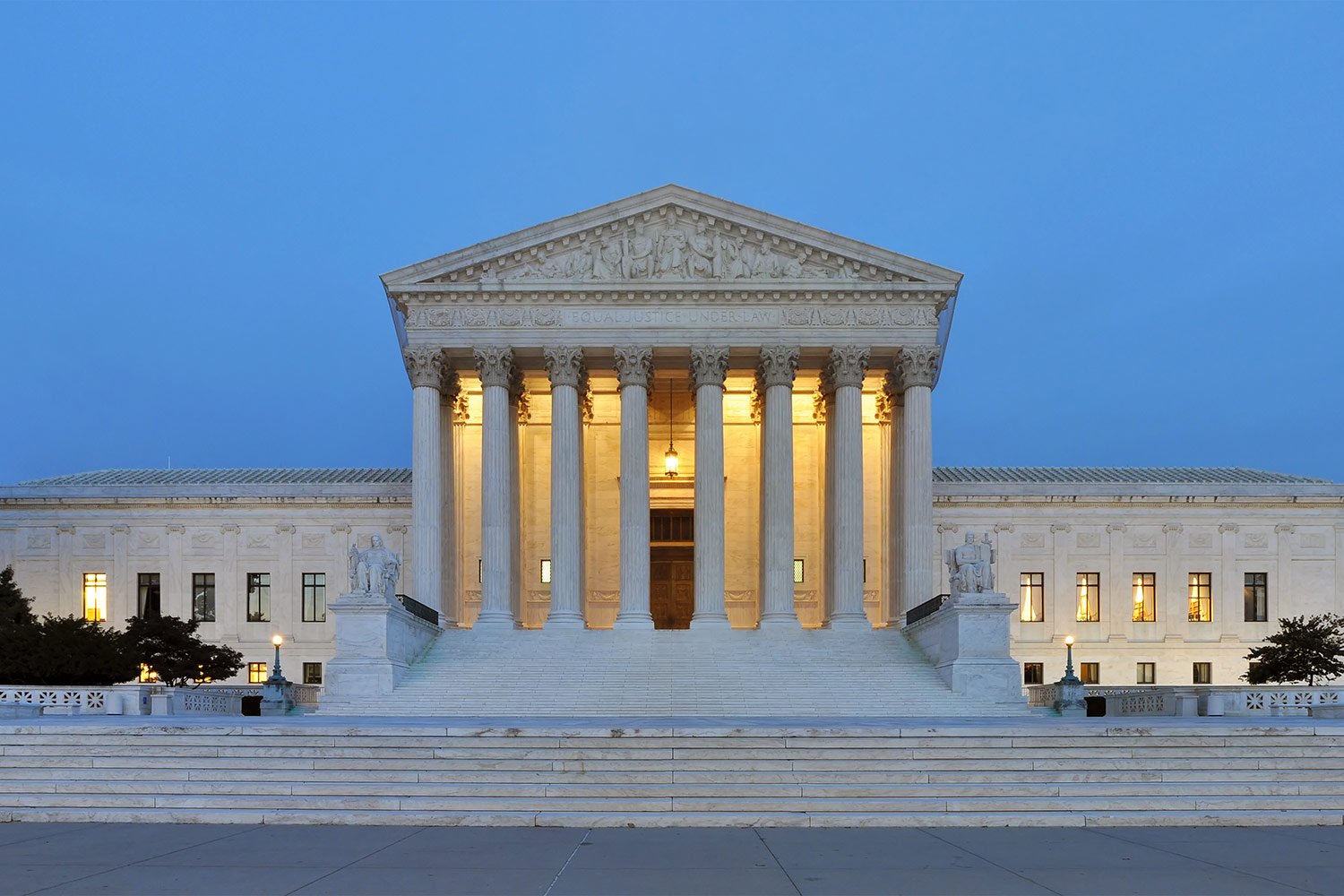Professor Richard Pomp has filed an amicus brief on behalf of 14 tax law professors in support of a petition to the U.S. Supreme Court seeking reversal of Quill Corp. v. North Dakota.
The 1992 Quill case established that mail-order companies do not have to collect use taxes on goods sold to people in states where the company has no physical presence. Traditional retailers have complained about the disadvantage the ruling has created for them in competition with online retailers. The National Conference of State Legislatures estimated that in 2012 states lost a total of $23 billion in tax revenue from online and catalog purchases.
Pomp’s brief supports the Colorado Department of Revenue’s conditional cross-petition in the case of Direct Marketing Association v. Brohl. The Direct Marketing Association has petitioned the Supreme Court to hear its appeal of a Tenth Circuit opinion that requires mail-order companies to report the purchases of mail-order goods to the state so that it can collect use taxes from the buyers. The Colorado Department of Revenue’s petition asks the Supreme Court, should it agree to hear the case, to take that opportunity to reconsider Quill.
The physical presence standard in Quill has no basis in established constitutional principles, Pomp wrote, and the Supreme Court could reasonably find that it has become unworkable. That approach would permit states to require online retailers to collect and remit use taxes going forward, but would not create massive retroactive tax liabilities.
According to Pomp, Quill was a political compromise, bifurcating the concept of nexus into a due process and commerce clause component. The mail order industry was found to have no due process protection against collecting the use tax, thus clearing the way for Congress to intervene with legislation. But the industry was found to have no commerce clause nexus, and could not be made to collect the use tax. The decision, not based on existing constitutional jurisprudence, protected the reliance interests of the industry while inviting Congress to draft a solution. That was nearly a quarter of a century ago.
The Direct Marketing Association’s petition and the Colorado Department of Revenue’s cross-petition for certiorari are both pending the justices’ review.



